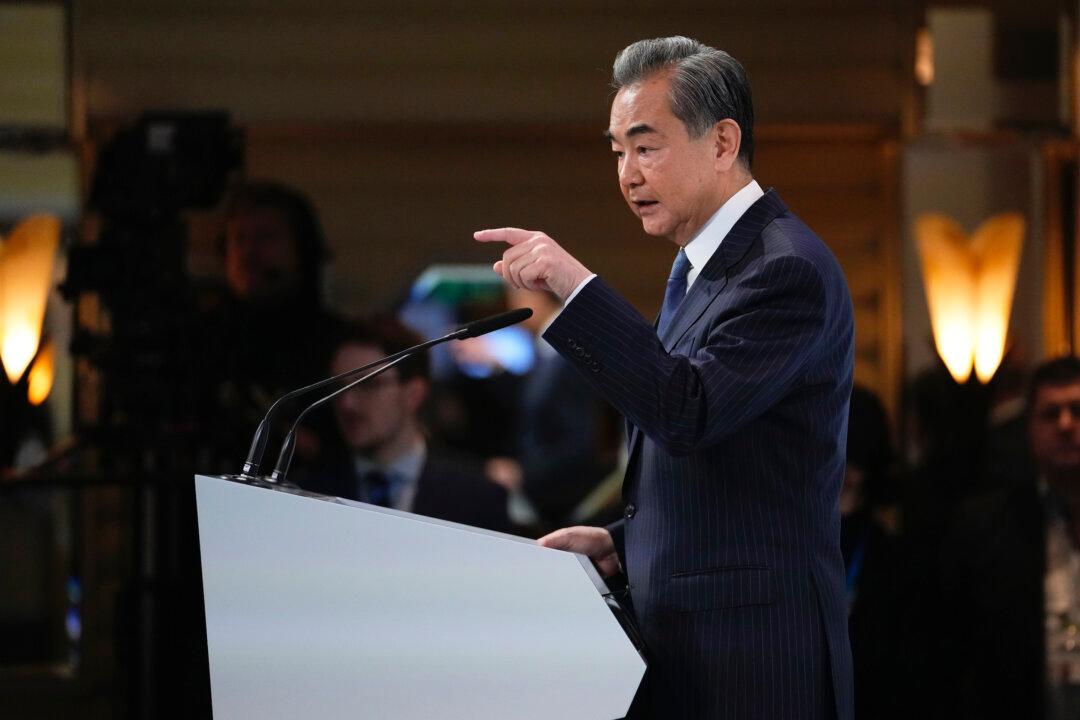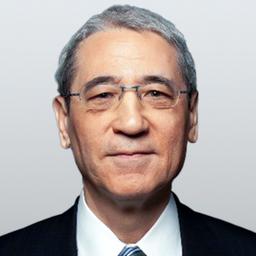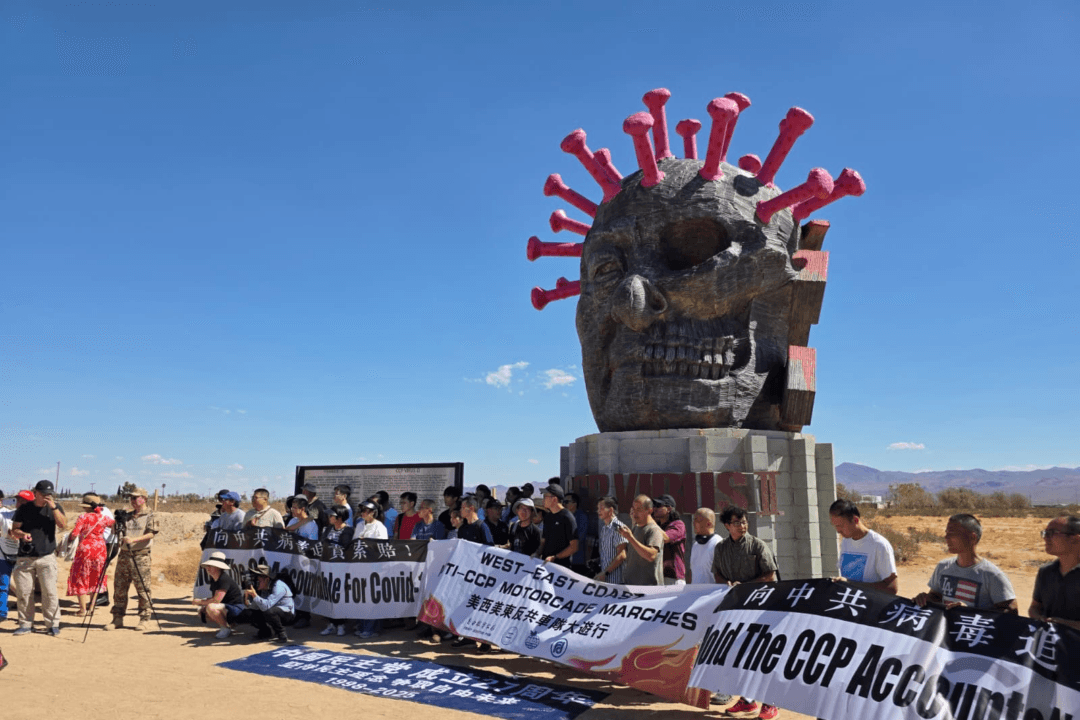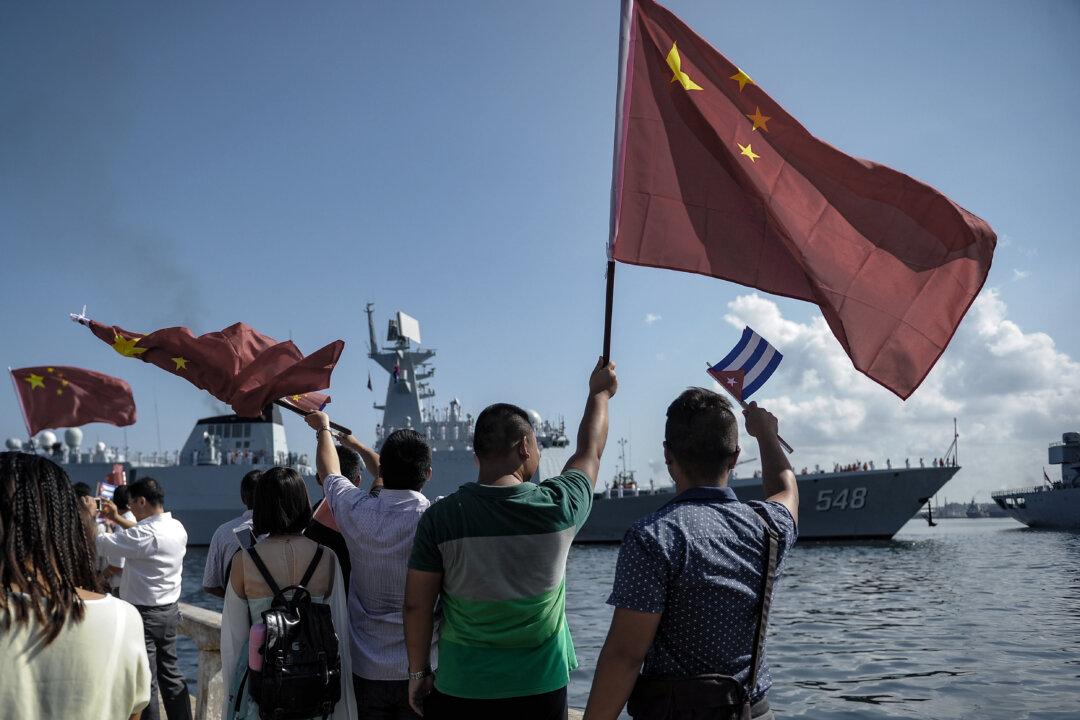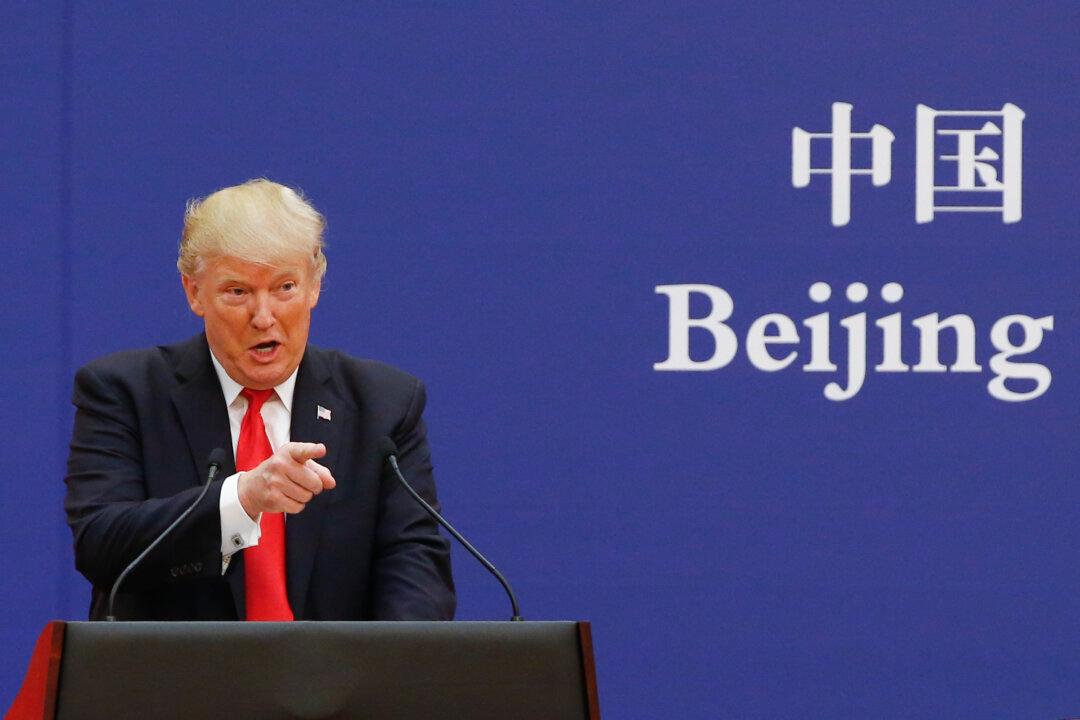Commentary
Chinese Foreign Minister Wang Yi on Aug. 11 told Iran’s acting foreign minister that Beijing supports the Islamic Republic defending its “sovereignty, security, and national dignity.” Wang said killing Hamas’s Ismail Haniyeh, the terrorist group’s political leader, in Tehran violated Iran’s sovereignty and threatened regional stability.
